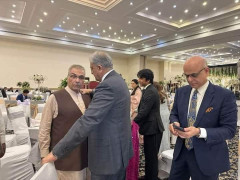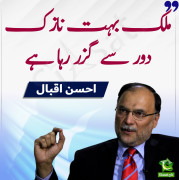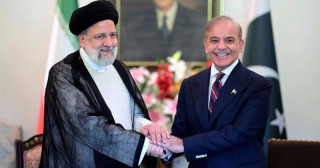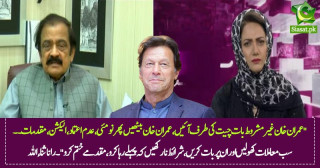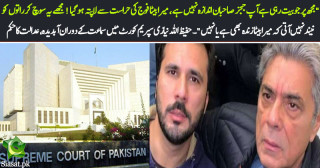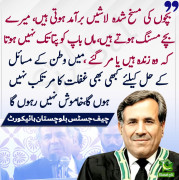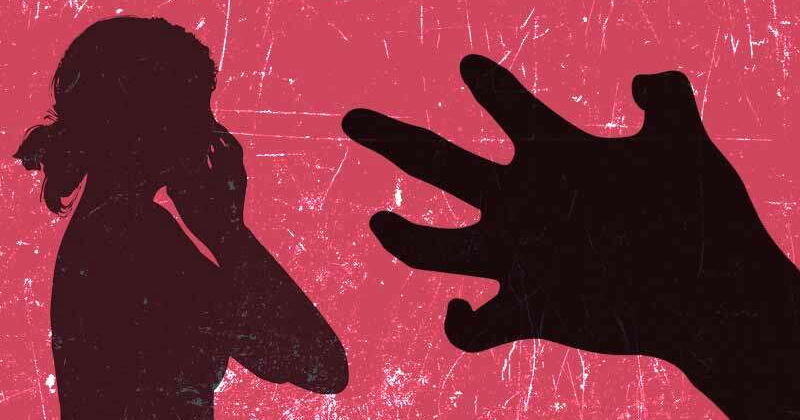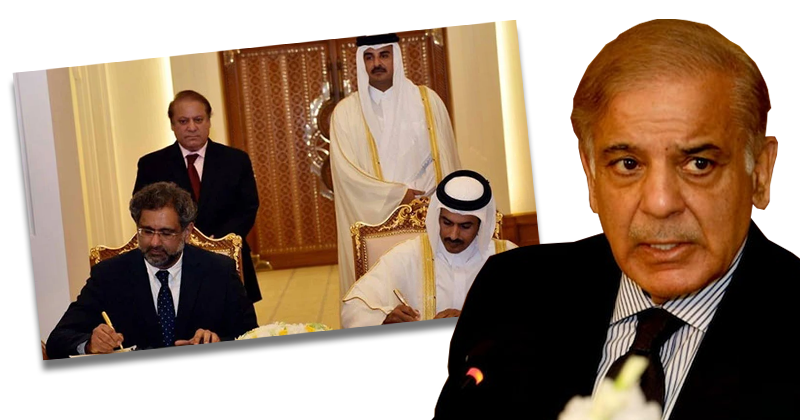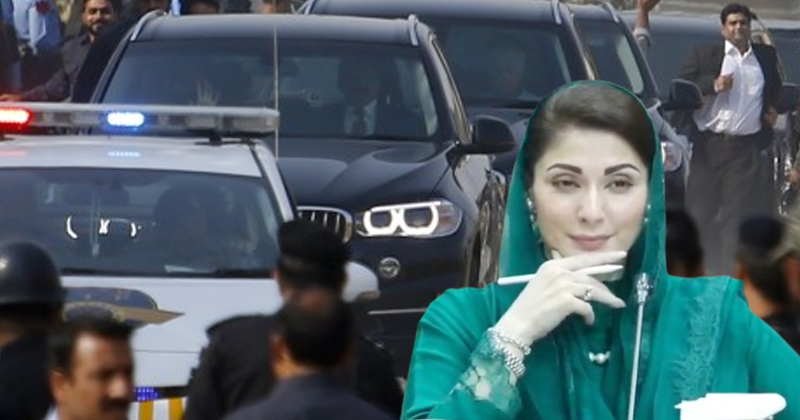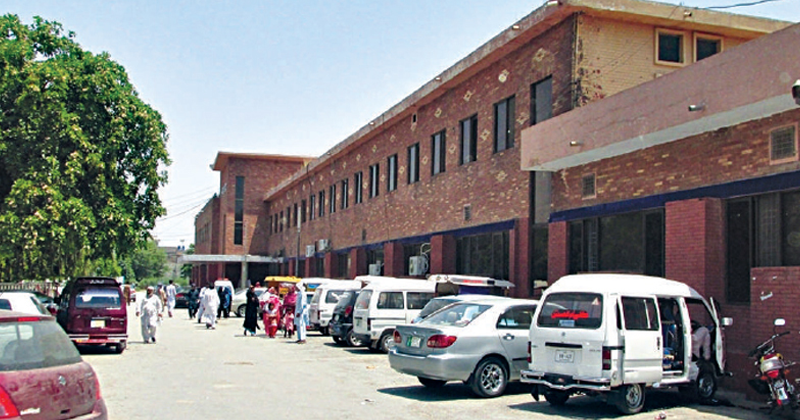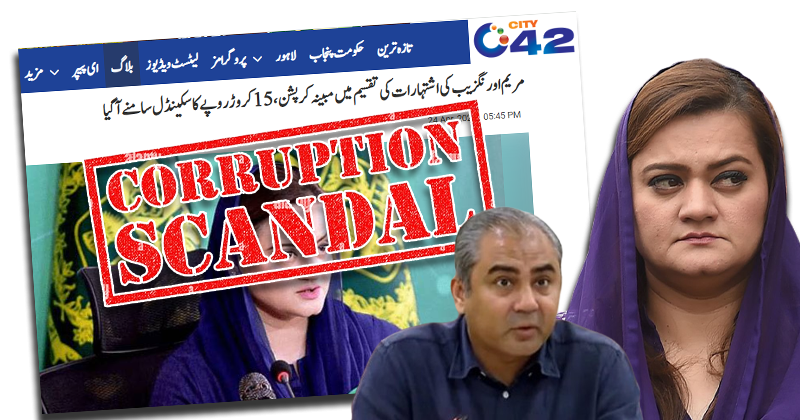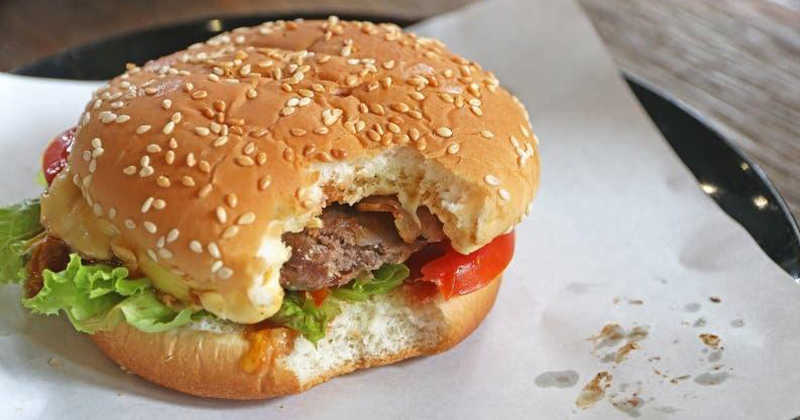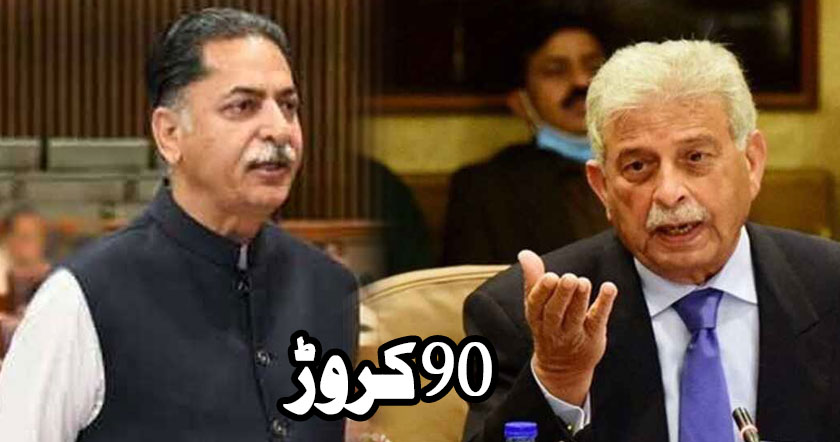Dubai was being managed like a giant-size 'resort'. Given the rulers penchant for flashy things, huge financial resources were pumped into marquee projects that didn't make financial sense e.g ( Pearl, World Islands, Palms etc). It seems that all that has come full circle as Dubai stares at another financial crisis. I had spent a decade there and always felt that this model is not sustainable. It has more external dependencies than the internal ones.
Below is an article from Wall Street Journal.
DUBAI—This emirate is struggling with what economists are calling a white-collar recession, undermining the city’s taste for luxury and testing an economic model other Middle East countries want to replicate.
Dubai posted its biggest loss in jobs this year since the global financial crisis a decade ago, especially among the high-paying positions that have helped turn a desert outpost into a city of gleaming skyscrapers and three million people in just a few decades. That downturn reflects stress in pillars of Dubai’s economy—real estate, financial services, tourism and its massive port.
The shift threatens the viability of a city long seen as the Persian Gulf region’s most accommodating for a global jet set of bankers, lawyers and entrepreneurs to live and do business.
Economists blame a host of factors for Dubai’s setback. First, the city faces increasing competition from Riyadh, Saudi Arabia, which is gradually allowing more Western-style freedom, and Doha, Qatar, which has made fresh attempts to attract foreign investors since its neighbors imposed a blockade. And U.S. sanctions on Iran and heightened tensions between Saudi Arabia and neighbors including Iran and Qatar have put those key Dubai trade partners off limits.
“Dubai’s business model is based on tolerance and political neutrality,” said Jim Krane, a fellow at Rice University’s Baker Institute who studies Middle East business and has written a book about Dubai. “Unfortunately, those two things are in short supply right now.”
Dubai’s government didn’t respond to interview requests. But it has recently rolled out measures to bring back high-wage foreigners to Dubai, including easing visa rules, allowing people to retire here, loosening restrictions on foreign ownership of businesses and relaxing rules on drinking alcohol during the Muslim holy month of Ramadan.
Most of the city’s new residents and workers are relatively low-wage construction workers from South Asia, drawn by a government-spending-driven construction boom ahead of Expo 2020, a scheduled six-month-long global exhibition of trade, innovation and products.
In the past year, the United Arab Emirates gained over 63,000 construction jobs as it lost over 20,000 jobs in white-collar categories like services and communications, according to the U.A.E Central Bank. Most of those white collar jobs were in Dubai.
Among those that laid off employees in the past 12 months in Dubai: state-owned Emirates Airline, troubled private-equity group Abraaj Group, Deutsche Bank AG , pay-TV company OSN, public relations firm Edelman and domestic banks. Other companies and government entities are replacing international employees with Emiratis as part of the so-called Emiratization program, which aims to boost employment among citizens.
Emirati and foreigners dine in Dubai. Many high-end restaurants are closing as bankers, lawyers and entrepreneurs shun the Persian Gulf city. PHOTO: KARIM SAHIB/AFP/GETTY IMAGES
“It’s a white-collar recession,” said Jean-Paul Pigat, head of research at Lighthouse Research, a U.A.E. economics firm specializing in the Middle East. “The overall economy is still expanding, but a lot of people in the more professional-service-oriented fields feel the economic environment has been weak.”
Some business owners here say Dubai is suffering the ill effects of one of its signature products: Excess. Dubai has built high-end real estate, malls and restaurants far beyond demand.
“Everything here has to be the tallest, the blingest, the flashiest, but we can’t always want the bling,” said Naim Maadad, founding chief executive of Gates Hospitality, which owns and operates restaurants and hospitality venues in the U.A.E. and London. “This society is changing.”
A man gives a foreigner a ride on camel in front of the giant Dubai Eye ferris wheel. A lifeblood industry, tourism, is slowing. PHOTO: AP
Few believe Dubai is headed for another crisis like the recession of 2009, when Abu Dhabi bailed it out with a $20 billion rescue package. Dubai’s economy, after all, is projected to grow a relatively healthy 3.3% this year.
Saudi Arabia, the largest Gulf Arab economy, says it is still looking to Dubai as a model for its own post-oil future. The kingdom’s crown prince, Mohammed bin Salman, praised Dubai’s ruler, Sheikh Mohammed bin Rashid al Maktoum at a financial conference in October.
“He presented a model in Dubai and he convinced us all in the Middle East that we can offer not just Dubai but a lot more than that,” the crown prince said.
But signs point to long-term problems for the non-oil economic model that created the Middle East’s most cosmopolitan city. Dubai’s stock market is the worst performer in the Middle East. A lifeblood industry, tourism, is slowing. A raft of high-end restaurants have closed.
Dubai’s ports operator, DP World, said first-half volumes for its domestic operations were flat. More recently, it reported a drop in third-quarter volumes.
The Dubai Frame, an architectural landmark, is reputed to be the biggest picture frame on the planet. ‘Everything here has to be the tallest, the blingest, the flashiest, but we can’t always want the bling,’ said an entrepreneur in Dubai. PHOTO:CHRISTOPHER PIKE/BLOOMBERG NEWS
Dubai’s film festival was canceled this year and will now become a biennial event. Its main cycle race has merged with its Abu Dhabi counterpart. Mobile subscriptions at Dubai’s main telecommunications company Du are at the lowest point in three years.
In a city of iconic, ultraluxury properties, including the world’s tallest building, the Burj Khalifa, real-estate prices have fallen over 15% since 2015, according to the Central Bank. In the first nine months of this year, property sales volumes were down by a fifth compared with last year.
“It will take years to recover,” said Hussain Sajwani, founder and chairman of Damac Properties, the luxury property developer, of the real-estate market.
During Dubai’s boom years, Mr. Krane said a real-estate executive told him the city was building so rapidly because there was demand and no need to wait.
“Dubai’s elites seemed to know that the city’s moment in the sun would be fleeting,” Mr. Krane said, adding: “In hindsight, they were right.”
https://www.wsj.com/articles/white-collar-recession-ripples-through-dubais-economy-1542191401
Below is an article from Wall Street Journal.
DUBAI—This emirate is struggling with what economists are calling a white-collar recession, undermining the city’s taste for luxury and testing an economic model other Middle East countries want to replicate.
Dubai posted its biggest loss in jobs this year since the global financial crisis a decade ago, especially among the high-paying positions that have helped turn a desert outpost into a city of gleaming skyscrapers and three million people in just a few decades. That downturn reflects stress in pillars of Dubai’s economy—real estate, financial services, tourism and its massive port.
The shift threatens the viability of a city long seen as the Persian Gulf region’s most accommodating for a global jet set of bankers, lawyers and entrepreneurs to live and do business.
Economists blame a host of factors for Dubai’s setback. First, the city faces increasing competition from Riyadh, Saudi Arabia, which is gradually allowing more Western-style freedom, and Doha, Qatar, which has made fresh attempts to attract foreign investors since its neighbors imposed a blockade. And U.S. sanctions on Iran and heightened tensions between Saudi Arabia and neighbors including Iran and Qatar have put those key Dubai trade partners off limits.
“Dubai’s business model is based on tolerance and political neutrality,” said Jim Krane, a fellow at Rice University’s Baker Institute who studies Middle East business and has written a book about Dubai. “Unfortunately, those two things are in short supply right now.”
Dubai’s government didn’t respond to interview requests. But it has recently rolled out measures to bring back high-wage foreigners to Dubai, including easing visa rules, allowing people to retire here, loosening restrictions on foreign ownership of businesses and relaxing rules on drinking alcohol during the Muslim holy month of Ramadan.
Most of the city’s new residents and workers are relatively low-wage construction workers from South Asia, drawn by a government-spending-driven construction boom ahead of Expo 2020, a scheduled six-month-long global exhibition of trade, innovation and products.
In the past year, the United Arab Emirates gained over 63,000 construction jobs as it lost over 20,000 jobs in white-collar categories like services and communications, according to the U.A.E Central Bank. Most of those white collar jobs were in Dubai.
Among those that laid off employees in the past 12 months in Dubai: state-owned Emirates Airline, troubled private-equity group Abraaj Group, Deutsche Bank AG , pay-TV company OSN, public relations firm Edelman and domestic banks. Other companies and government entities are replacing international employees with Emiratis as part of the so-called Emiratization program, which aims to boost employment among citizens.
Emirati and foreigners dine in Dubai. Many high-end restaurants are closing as bankers, lawyers and entrepreneurs shun the Persian Gulf city. PHOTO: KARIM SAHIB/AFP/GETTY IMAGES
“It’s a white-collar recession,” said Jean-Paul Pigat, head of research at Lighthouse Research, a U.A.E. economics firm specializing in the Middle East. “The overall economy is still expanding, but a lot of people in the more professional-service-oriented fields feel the economic environment has been weak.”
Some business owners here say Dubai is suffering the ill effects of one of its signature products: Excess. Dubai has built high-end real estate, malls and restaurants far beyond demand.
“Everything here has to be the tallest, the blingest, the flashiest, but we can’t always want the bling,” said Naim Maadad, founding chief executive of Gates Hospitality, which owns and operates restaurants and hospitality venues in the U.A.E. and London. “This society is changing.”
A man gives a foreigner a ride on camel in front of the giant Dubai Eye ferris wheel. A lifeblood industry, tourism, is slowing. PHOTO: AP
Few believe Dubai is headed for another crisis like the recession of 2009, when Abu Dhabi bailed it out with a $20 billion rescue package. Dubai’s economy, after all, is projected to grow a relatively healthy 3.3% this year.
Saudi Arabia, the largest Gulf Arab economy, says it is still looking to Dubai as a model for its own post-oil future. The kingdom’s crown prince, Mohammed bin Salman, praised Dubai’s ruler, Sheikh Mohammed bin Rashid al Maktoum at a financial conference in October.
“He presented a model in Dubai and he convinced us all in the Middle East that we can offer not just Dubai but a lot more than that,” the crown prince said.
But signs point to long-term problems for the non-oil economic model that created the Middle East’s most cosmopolitan city. Dubai’s stock market is the worst performer in the Middle East. A lifeblood industry, tourism, is slowing. A raft of high-end restaurants have closed.
Dubai’s ports operator, DP World, said first-half volumes for its domestic operations were flat. More recently, it reported a drop in third-quarter volumes.
The Dubai Frame, an architectural landmark, is reputed to be the biggest picture frame on the planet. ‘Everything here has to be the tallest, the blingest, the flashiest, but we can’t always want the bling,’ said an entrepreneur in Dubai. PHOTO:CHRISTOPHER PIKE/BLOOMBERG NEWS
Dubai’s film festival was canceled this year and will now become a biennial event. Its main cycle race has merged with its Abu Dhabi counterpart. Mobile subscriptions at Dubai’s main telecommunications company Du are at the lowest point in three years.
In a city of iconic, ultraluxury properties, including the world’s tallest building, the Burj Khalifa, real-estate prices have fallen over 15% since 2015, according to the Central Bank. In the first nine months of this year, property sales volumes were down by a fifth compared with last year.
“It will take years to recover,” said Hussain Sajwani, founder and chairman of Damac Properties, the luxury property developer, of the real-estate market.
During Dubai’s boom years, Mr. Krane said a real-estate executive told him the city was building so rapidly because there was demand and no need to wait.
“Dubai’s elites seemed to know that the city’s moment in the sun would be fleeting,” Mr. Krane said, adding: “In hindsight, they were right.”
https://www.wsj.com/articles/white-collar-recession-ripples-through-dubais-economy-1542191401


